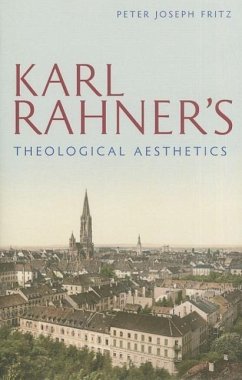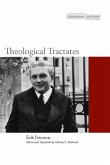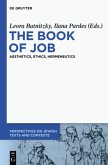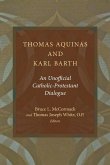This innovative book discloses Karl Rahners foremost achievement: discovering and delineating an ethos of Catholicism, a multi-faceted and comprehensive approach to life in Christ. Karl Rahners Theological Aesthetics does so by placing the German Jesuit and his teacher, philosopher Martin Heidegger, into a richly detailed dialogue on aesthetics. The book treats classic Rahner topics such as anthropology and Christology. But it breaks new ground by exploring themes such as angels, Mary, and the apocalypse, juxtaposed with analogous philosophical topics in Heidegger. Peter Joseph Fritz reveals that Rahner, contrary to a widespread opinion, did not turn to the subject. Rather, Rahner meticulously avoided the spirit of modern subjectivity. In doing so, Rahner follows paths cleared by Heidegger. The counter-subjective thrust of Rahners thought has aesthetic implications. In fact, Rahners turn away from modern subjectivity begins with his philosophical dissertation, Spirit in the World, which this work shows to be an aesthetic text through and through. Rahners aesthetics in Spirit in the World and other works prove distinctive because of its resonance with a Heideggerian variety of the sublime, which Rahner first encounters during Heideggers lectures on the poetry of Friedrich Hlderlin. Rahners improvement upon the Heideggerian sublime gradually matures over the course of Rahners career into a complex strategy of resistance toward Heideggerian thinking. This becomes most clear in Rahners eschatology, which is an apocalyptic discourse that rejects Heideggers own apocalypse of beings history. Karl Rahners Theological Aesthetics offers a fresh and innovative re- consideration of the classic pairing of Rahner and Heidegger. By doing so, it contributes to ongoing conversations
Bitte wählen Sie Ihr Anliegen aus.
Rechnungen
Retourenschein anfordern
Bestellstatus
Storno





